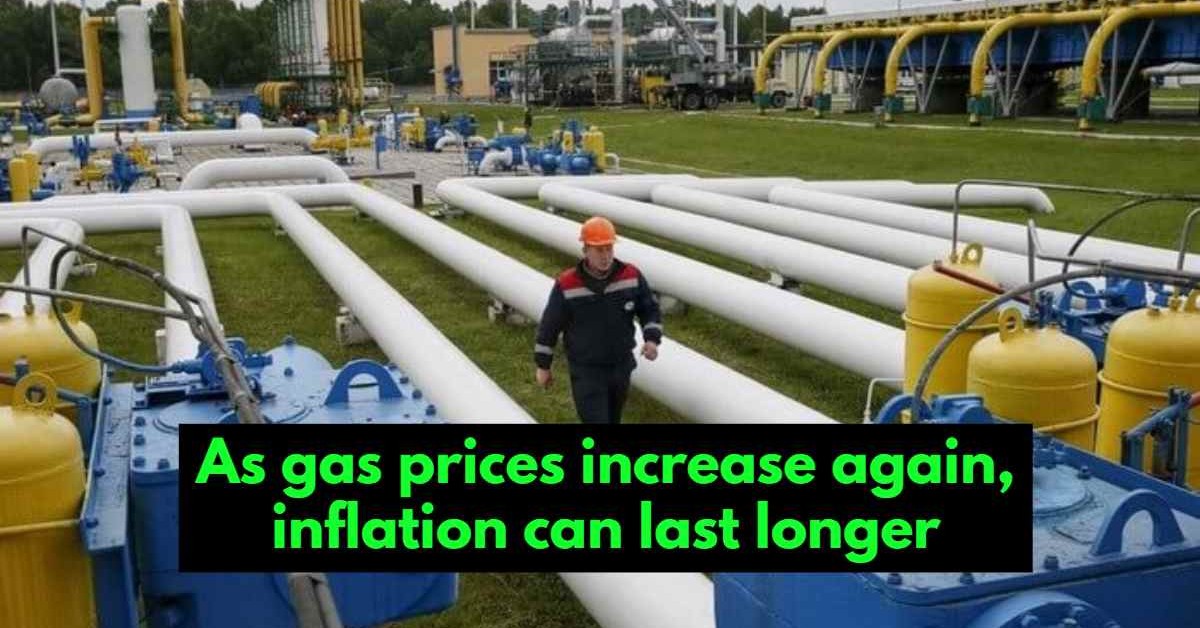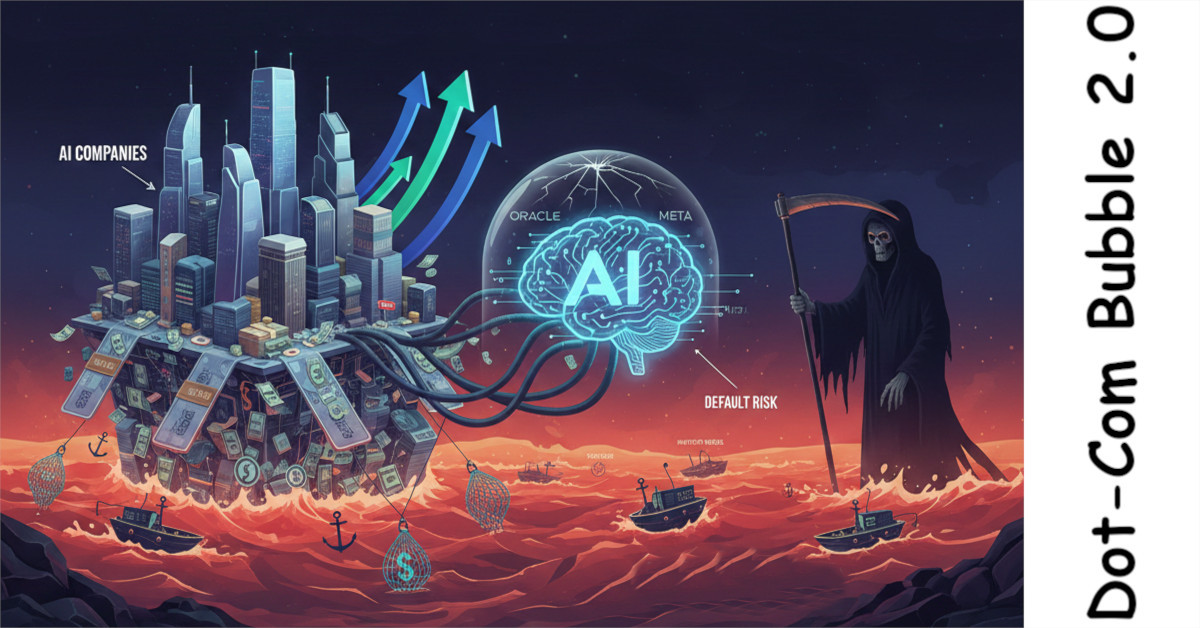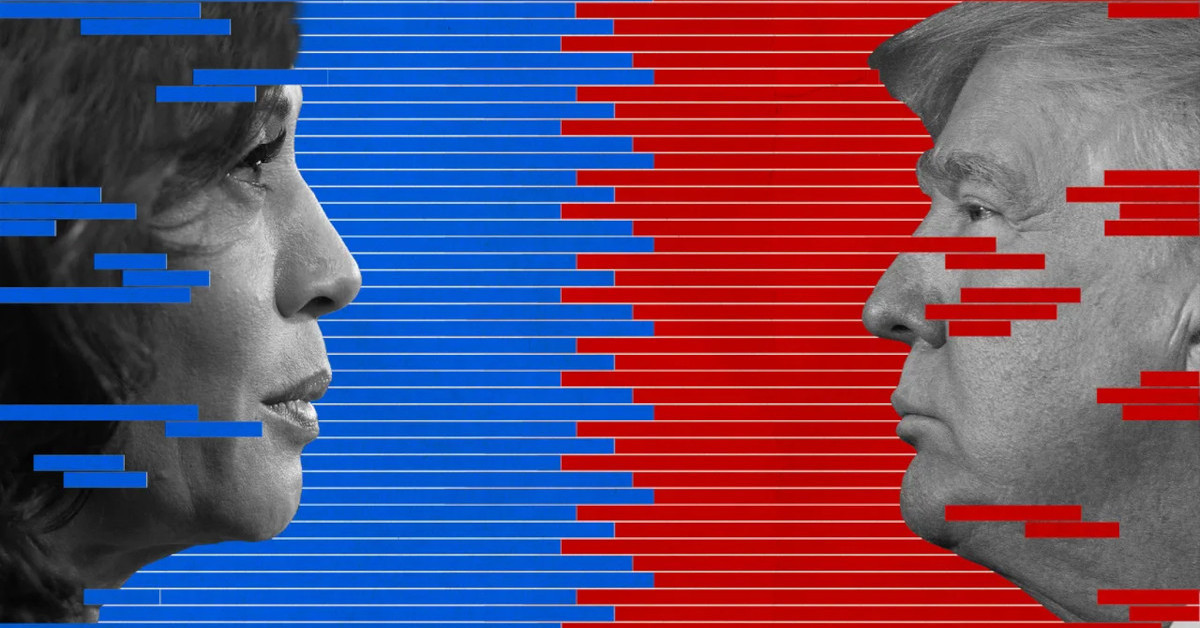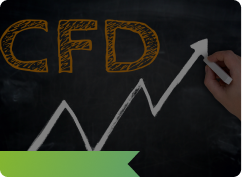Germans have no hope of reducing inflation below ten percent in the short term
Unlike the falling WTI price, natural gas prices still increasing and with the beginning of the cold season, it will be hard to expect a meaningful slowdown in the prices. And probably it can be the main reason why the Bundesbank is a vocal supporter of the European Central Bank's efforts to curb inflation via a steady diet of interest rate hikes. The central bank in Germany announced that despite all the efforts and decided policies, inflation may well remain in double digits into next year.
It is worth noting that consumer prices in Germany raised by 11.6% last month, which was the fastest pace since the early 1950s. In the short term, with paying gas bills in December by government and then paying 80% of households and small companies' gas consumption, we may see some reduction in prices, however, it is just a short-term break and as soon as subsidies end, its effects will come back into the prices.
According to EIA short-term energy outlook published in early November, downward pressures on natural gas prices will emerge in the second quarter of 2023. While Natural gas production has increased steadily throughout 2022, natural gas production is expected to decline during the winter months due to the possibility of extreme weather, which can cause production shut-ins and increase prices. Therefore, in the short term, it is not logical to expect a slowdown in energy prices.
From the technical point of view, Natural gas prices above its 20-DMA around 6.50 US dollars will move higher in a clear uptrend. On the flip side, the downtrend can start under $5.30.


















